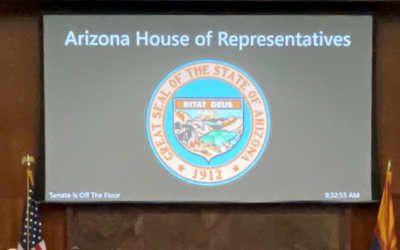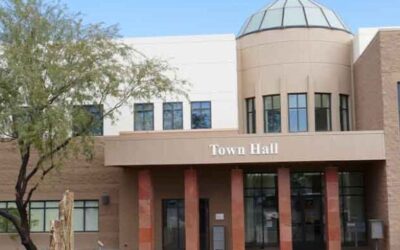By Corinne Murdock |
Gov. Katie Hobbs ended the free learning loss summer program established by her predecessor, former Gov. Doug Ducey. The remaining funds intended for Ducey’s program, $37.5 million, will now be doled out at the Hobbs administration’s discretion via grants.
While discussing the termination of Ducey’s summer program, an unnamed Hobbs spokesperson erroneously claimed to ABC15 that the free summer camp program, OnTrack, was designed to be a one-time arrangement. Yet, Ducey promised prior to leaving office that OnTrack would occur once more this summer.
Hobbs announced the grant solicitation last month.
According to a pre-app solicitation video, the Hobbs administration will prioritize programs that lend themselves to equity-oriented outcomes.
This would include programs that emphasize social-emotional learning (SEL) as well as those targeting students from low-income families, students of color, children with disabilities, English learners, migratory students, students experiencing homelessness, and foster care youth.
The grant process also requires applicants to explain how their program would be “culturally competent” and “gender-responsive”: key words for SEL education. The former refers to acknowledging cultural differences and addressing cultural inequalities; and the latter refers to fixing gender inequalities. Both concepts lend themselves to the greater goal of equity.
Hobbs has committed her administration to advancing equity and social justice. Unlike equality, which proposes equal treatment that may result in unequal outcomes, equity proposes disparate treatment in order to achieve purportedly equal outcomes.
Ducey launched the program in March 2022 with $75.3 million in American Rescue Plan Act (ARPA) funds to offset the learning losses and mental health blows caused by COVID-19 pandemic remote learning.
The program funded just under 700 summer camps offering over 110,000 camp opportunities statewide. Over 70,600 students participated in the free program, 68 percent of whom were from Title I schools. Campers reported positive outcomes on 86 percent of learning goals, and those in credit recovery programs earned nearly 5,600 credits.
Hobbs’ administration proposed an initial award distribution of 40 percent rural, 20 percent tribal, and 40 percent urban. However, they noted that this allocation structure could be changed to meet internal diversity quotas.
Corinne Murdock is a reporter for AZ Free News. Follow her latest on Twitter, or email tips to corinne@azfreenews.com.








